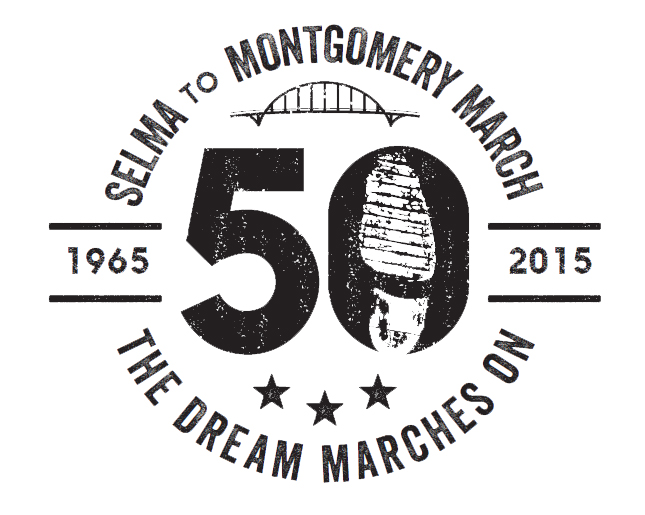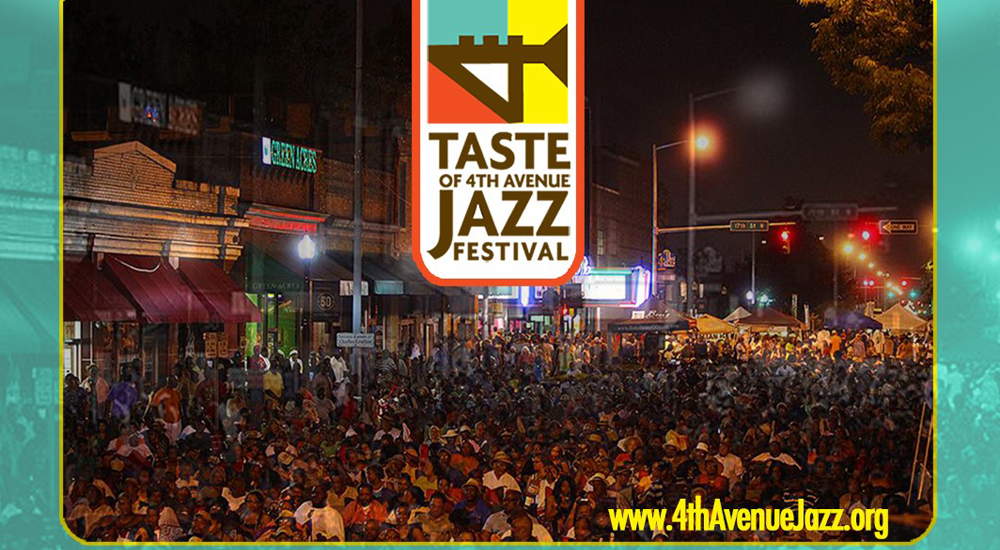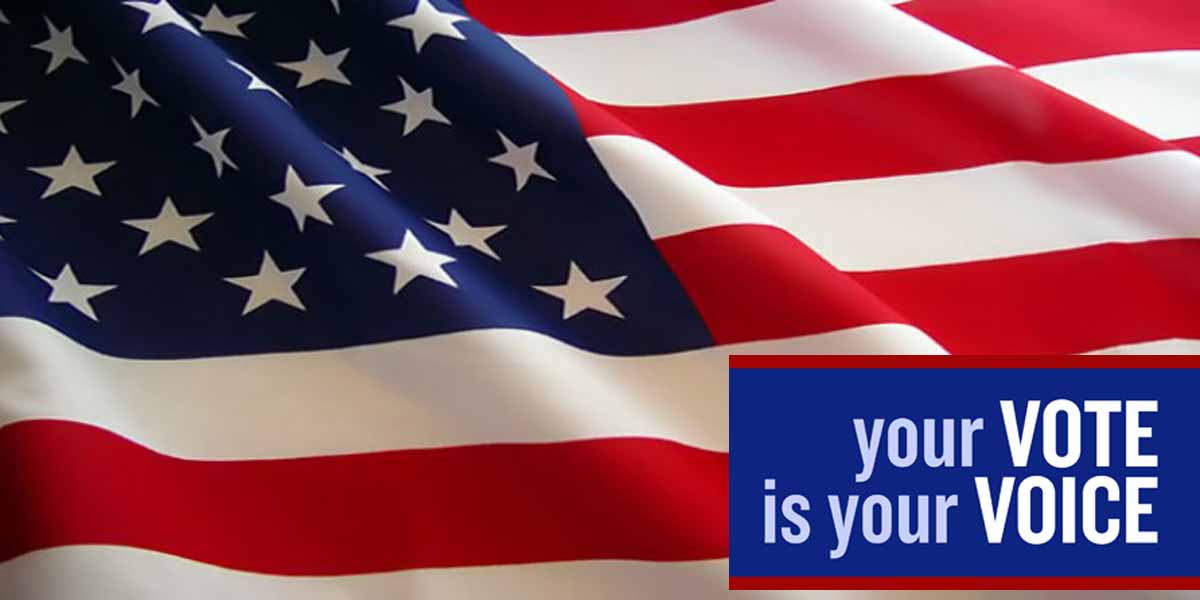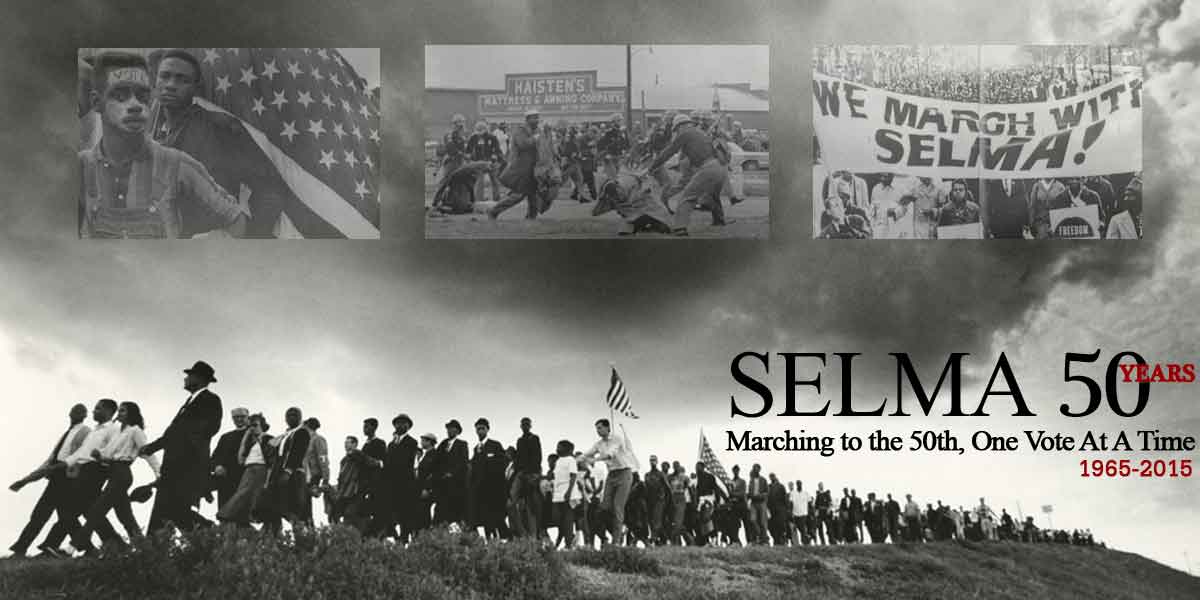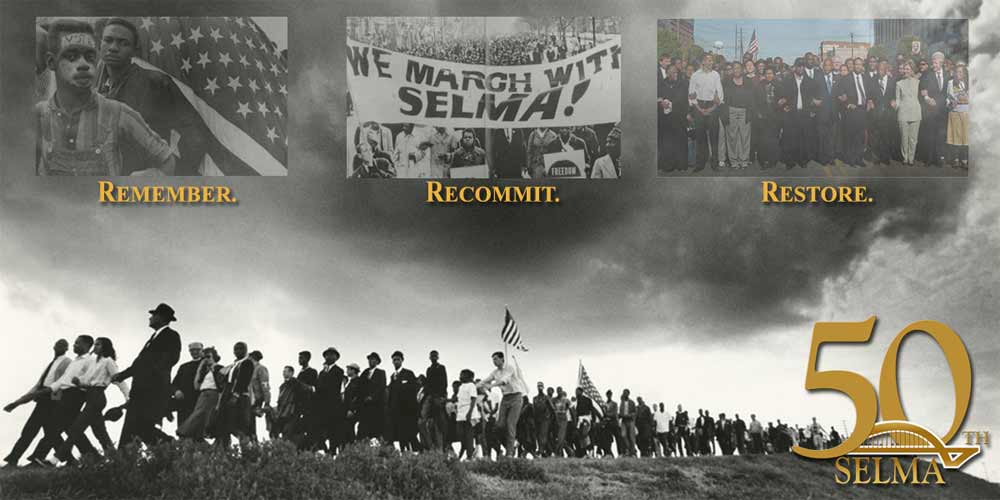The former Senator from Chicago, IL, who crossed Selma’s Edmund Pettus Bridge as a presidential candidate in March 2007 will return to Alabama in March 2015 as the sitting 44th President of the United States of America.
Barack Obama is set to make an appearance in Selma for the 50th Anniversary commemorating “Bloody Sunday” and the other voting rights marches from Selma to Montgomery on Saturday, March 7. And he will likely announce details of a $50 million line item in his proposed budget to Congress for parks and monuments dedicated to memorializing the Civil Rights Movement.
President Obama comes at the invitation of U.S. Rep. John Lewis, D-GA, who was among those leading the fateful march for African American voting rights across the Edmund Pettus Bridge in Selma to the Alabama Capitol in Montgomery on March 7, 1965.
Lewis was among those tear-gassed and brutally beaten by a line of state police and mounted militiamen who forced the marchers back across the bridge. The violence of that day, which broke into the Sunday evening television programing across the country, became known as “Bloody Sunday.” That march — and the successful 56-mile march to Montgomery, led by Dr. Martin Luther King, Jr., with thousands of nonviolent activists — paved the way for the Voting Rights Act of 1965.
This history is highlighted in the film “Selma,” which was released last month. With star-powered producers Brad Pitt /Oprah Winfrey, prominent award nominations and great fanfare (and criticism in some quarters), the movie has again focused national and worldwide attention on the little Alabama town of 20,000 and on the state itself.
When Obama first made his pilgrimage to Selma as a U.S. Senator, he was making the rounds across Alabama with then-Democratic U.S. Rep. Artur Davis of Birmingham, a Montgomery-native and fellow Harvard graduate with Obama. Davis was using his substantial influence at the time to tout his friend as a serious contender for the presidency.
Like many politicians courting votes, Sen. Obama came to Selma, speaking at the historic Brown Chapel AME Church, one of the churches from which the marchers set out toward Montgomery in the push for voting rights protections in 1965.
According to a PBS report and in Ebony magazine from 2007, Sen. Obama shared his personal narrative with the church attendees, how his White mother and Black father came together was directly influenced by the civil rights movement.
SEN. BARACK OBAMA (D- Illinois): There’s something stirring across the country because of what happened in Selma, Alabama, because some folks are willing to march across a bridge. And so they got together and Barack Obama, Jr., was born.
So don’t tell me I don’t have a claim on Selma, Alabama. Don’t tell me I’m not coming home when I come to Selma, Alabama. I’m here because somebody marched for our freedom. I’m here because you all sacrificed for me. I stand on the shoulders of giants. I thank the Moses generation . . . It is because they marched that I got the kind of education I got, a law degree, a seat in the Illinois Senate and ultimately in the United States Senate. It is because they marched that I stand before you today.
. . . until we’ve got absolute equality in this country, in terms of people being treated on the basis of their color or their gender, that that is something that we’ve got to continue to work on.

Those who attended that Bridge Crossing Jubilee commemorating the 42nd anniversary of Bloody Sunday included Revs. Joseph Lowery and Fred Shuttlesworth of Birmingham who were co-founders of the Southern Christian Leadership Conference (SCLC) with Dr. Martin Luther King, Jr., and Rev. C.T. Vivian, another key civil rights leader who played an role in the Selma voting rights movement.
Obama’s candidacy caused a rift among the state’s influential Black Democrats, some of whom favored then Sen. Hillary Clinton because they believed America wasn’t ready for a Black president at the time.
Though that proved to be the case in the decidedly red state of Alabama, it was not so to the general public.
He won his first election in 2008 with 53 percent of the popular vote and a turnout of 61.1 of eligible voters, the highest turnout in 40 years. Turnout was highest among Latinos, young voters and African Americans, who backed him by 95 percent. In 2012, he won with 51 percent of the popular vote and 332 electoral college votes. And for the first time, the percentage of African Americans voting outpaced the percentage of voting among Whites and the general population.
The largest increases came in Southern states with high Black populations. Most states of those states were in the South. And some of those states, particularly Texas and North Carolina, saw the an increase in voter ID laws claiming voter fraud, especially after the U.S. Supreme Court struck down key protections of the Voting Rights Act as unconstitutional.


